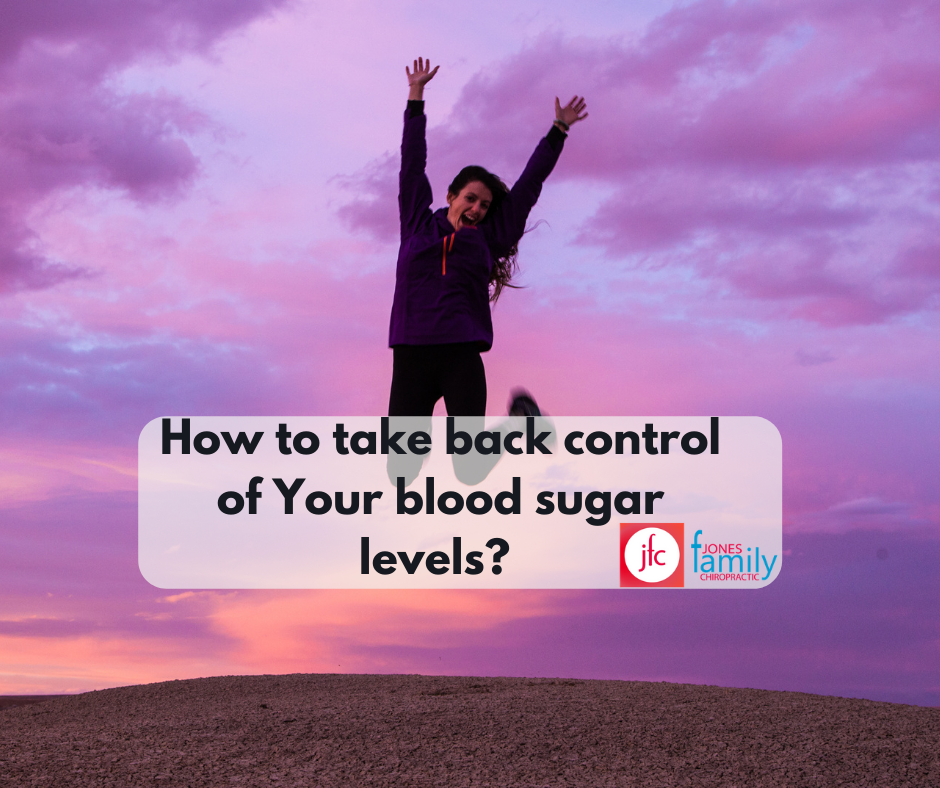Podcast: Play in new window | Download
The digestion of carbohydrates and other foods yield sugar which is carried in form of glucose through the blood stream to body cells. This glucose serves as a source of energy for all cells in the body. The unused sugar/glucose is mainly stored as glycogen in the liver.
When you eat high sugar, starchy, or low fiber foods, especially in excess, it causes your blood sugar level to rise quickly, and this produces a strain on your blood sugar control.
The normal blood glucose level should be between 70 mg/dl and 110 mg/dl. When the blood glucose falls below this range, the condition is known as “hypoglycemia”- too little glucose. When it rises above this range, it can be normal if you just finished eating within 2 to 3 hours.
That’s the main reason why your doctors always measure blood glucose level while you’re fasting. However, your glucose level show be below 180 even after eating. Anything above this level is termed “hyperglycemia” – too much sugar
If after taking a sugar-water drink (glucose tolerance test), your blood sugar measurement reads above 200, then you’re diagnosed with diabetes.
How does the body respond to high blood glucose level?

As your blood sugar level rises after a meal, the beta cells of the pancreas secrete insulin- a hormone that moves glucose out of the bloodstream and into the cells to be burned for energy. This helps to keep the blood glucose level to normal.
Decline in blood sugar/glucose, commonly seen during fasting or exercise, causes a reduction in the level of insulin in the bloodstream. At the same time, other cells in the pancreas produce glucagon- a hormone that stimulates the liver and muscles to release stored glucose in form of glycogen.
Other hormones like Corticosteroids (cortisol) or epinephrine (Adrenalin) are produced if blood sugar levels fall sharply. These hormones stimulate the fast breakdown of stored glucose to produce extra energy if a person is frightened or angry, or during a crisis.
All these hormonal mechanisms works together to control blood sugar levels within a narrow range. With insulin working to allow body cells get enough glucose, and the liver preventing the blood sugar level from going low, the blood sugar level can stay in a healthy range.
But it is quite unfortunate that a lot of us stress these control mechanisms through our stressful lifestyle and diet. Consequently, this imbalance leads to diabetes, obesity, and other disorders related to blood sugar regulation.
A delicate balance of the intestine, pancreas, brain and adrenals is important to keep the blood sugar level at the normal range.
In conclusion, knowing how your body works help you to maintain a healthy life. The two hormones- insulin and glucagon- are critical for controlling your blood sugar levels.
You can consult Dr. Jason Jones at our chiropractic office at Elizabeth City, NC, to learn more about blood glucose, insulin, glucagon, as well as how these hormones work.




Hello. This post was extremely motivating, particularly because I was looking for thoughts on this issue last Thursday. Sofia Leonidas Herrera
Hey, thanks for the article. Thanks Again. Awesome. Aldo Guebara